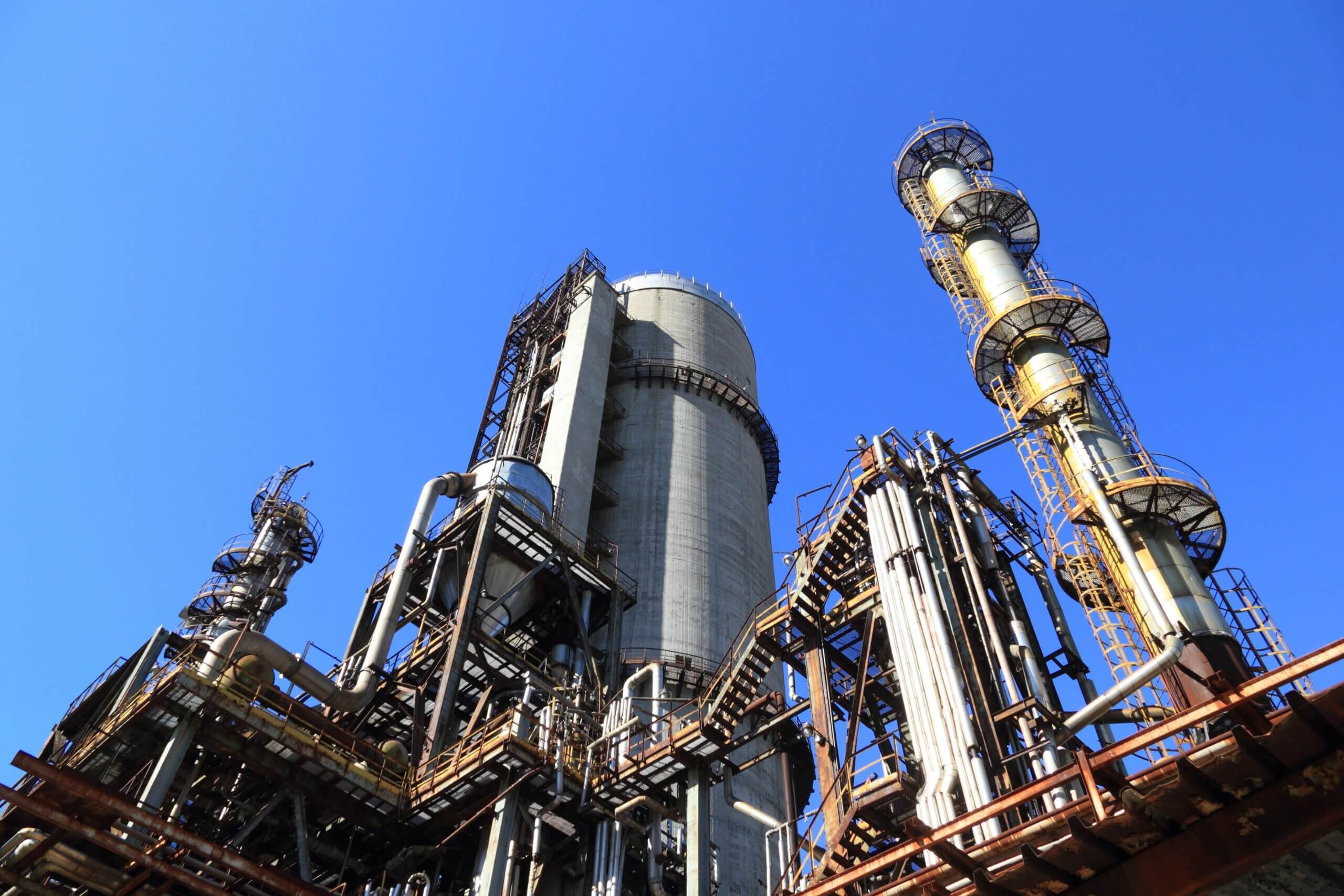“Deglobalization” has entered the narrative zeitgeist. But what’s happening on the ground? This weekly series seeks to answer that question with a round-up of deglobalization developments from the week that’s done.
1. New research from Cornell University finds that reshoring production of solar panels – most of which are made in Asia –- can speed up decarbonization in the US. If solar panel manufacturing were to return to the US by 2035, greenhouse gas emissions resulting from panel creation would be reduced by 30% compared to 2020.
2. This year is on pace for the lowest amount of dealmaking in China by US investors in recent years. 2019 and 2020 saw well over 300 investment deals in China, before that figure jumped to 426 in 2021. But in 2022, it dropped to 283 – and this year, US-based investors are on pace to take part in fewer than 150 deals into China-based tech startups.
3. British Columbia’s public pension manager has paused direct investments in China, making it the latest institutional investor to rethink its exposure to the country due to geopolitical risks. BCI has about 158 billion USD in net assets under management.
4. Volkswagen investors are calling on the company to conduct an independent audit into its plant in China’s Xinjiang region: “Volkswagen must be certain that its supply chains are clear,” said the Ingo Speich, head of sustainability and corporate governance at Deka, a top-20 Volkswagen shareholder.
5. The Biden administration is investigating whether Rockwell Automation, one of the world’s largest industrial technology and information companies, is exposing critical US infrastructure to cyberattack – due to a facility in Dalian, China. Rockwell provides productivity-improvement software and cybersecurity services to computer platforms used in the national power grid as well as by the Navy and Coast Guard.
6. LinkedIn announced it is closing down its China-focused job app and discontinuing its product and engineering teams in China. LinkedIn introduced the jobs app after it exited social media in China in 2021, but has struggled against local competition.
7. Chinese authorities raided multiple offices of Capvision, a consultancy and due diligence firm known as China’s biggest expert network. The raid was broadcast on state media. Per the Wall Street Journal, “the unusually public nature of the investigation reinforced a message from Beijing: Information about China is a valuable resource and revealing it to foreigners could land you in jail.”
8. The House Ways and Means Committee held a hearing in Staten Island on securing supply chains and protecting the American worker. As Chair Jason Smith put it: “Bad trade policies in Washington have allowed foreign countries to take advantage of our workers and destroy American jobs.”
9. Italy intends to abandon its role in the Belt and Road Initiative. Rome signed onto the infrastructure agreement in 2019. Plus, also in Europe, China vowed to retaliate against EU sanctions on its companies for supporting Russia: “We are against states introducing extraterritorial or on-sided sanctions on China.”
10. And China expelled a Canadian diplomat in Shanghai. This was a response to Ottawa’s expulsion of a Chinese diplomat, Zhao Wei – who had allegedly ordered Hong Kong authorities to track and intimidate Hong Kong-based relatives of Canadian Conservative Party lawmaker Michael Jong.
(Photo by Pexabay/Pexels)




